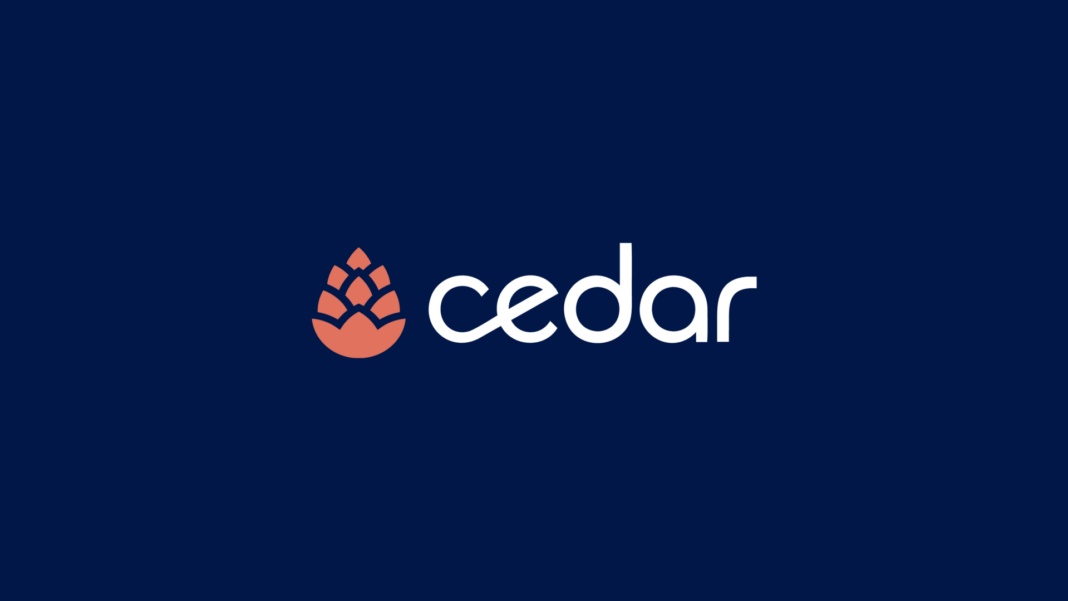The human potential knows no conceivable limit, and yet the best thing about it is the way it can grow more and more solid over time. This possibility, in particular, has already got the world to hit upon some huge milestones, with technology appearing as a major member of the stated group. The reason why technology enjoys such an esteemed stature among people is, by and large, predicated upon its skill-set, which ushered us towards a reality that nobody could have ever imagined otherwise. Nevertheless, if we look up close for a second, it will become clear how the whole runner was also very much inspired from the way we applied those skills across a real world environment. The latter component was, in fact, what gave the creation a spectrum-wide presence, and consequentially, kickstarted a tech revolution. Of course, this revolution then went on to scale up the human experience through some outright unique avenues, but even after achieving such a monumental feat, technology will somehow continue to produce the right goods. The same has grown increasingly evident over the recent past, and assuming one new healthcare-themed development shakes out just like we envision, it will only make that trend bigger and better moving forward.
Cedar, an end-to-end healthcare financial engagement platform, has officially announced the launch of a brand-new product in Affordability Navigator, which so happens to be the healthcare industry’s first integrated suite of financial assistance offerings for patients. Working in collaboration with Advocatia, a leading benefits and financial assistance enrollment solution provider, the Affordability Navigator springs to life by helping consumers access outside funding sources and self-service tools, including Medicaid enrollment. In order to understand the importance of such a product, we must acknowledge how nearly 100 million people across US are currently struggling against medical debt, whereas 10 million are already cut from Medicaid since the end of the federal COVID-19 emergency. Another detail validating the severity of this crisis comes from the 2024 Healthcare Financial Experience study, which revealed that majority of the population (63%) doesn’t even know what financial assistance options, such as Medicaid, they have at their disposal. But how will Cedar’s affordability navigator solve such a problem? Well, it does so through an integration of Advocatia’s full-service Medicaid enrollment solution, which delivers personalized eligibility screening, digital patient self-service enrollment with multi-language support, empathetic servicing, and the ability to directly submit Medicaid applications to the state. Now, while Medicaid enrollment does cover much of what the new solution will put on the table, it will offer some other critical services as well. For instance, users can expect a dedicated financial assistance screener. The idea here is to empower patients to screen for financial assistance eligibility on their own, thus instantly eliminating the need to contact customer service. Next up, we have the prospect of connected HSAs and FSAs that will greatly simplify access to health benefit accounts. With a simple and straightforward framework, this feature makes a point to keep the patient informed on any tax-free dollars available for healthcare-related expenses. Interestingly enough, the Affordability Navigator also has the means to use a specialized payments plan advisor to guide patients throughout their enrolling process. Such a feature means one is able to achieve a fully personalized payments plan at the end, a plan that actually bodes better than the rest for their budget and timelines. Rounding up the highlights is a machine learning-driven discount option. Basically, under this feature, hospitals can leverage Cedar’s ML-powered model to determine the optimal discount for each patient, while simultaneously reserving the knowhow to do the same at scale.
“When we speak to patients, we consistently hear that they go to great lengths to set up personal budgets and leverage payment plans. They are doing everything they can to pay for their care, but they sometimes need some additional time or flexibility to do so,” said Florian Otto, CEO and Co-founder of Cedar. “With a human-centered approach to financial assistance, we’re taking what has traditionally been an opaque and stressful process, and transforming it into a personalized and empathetic journey. We’re excited to launch our Affordability Navigator, and work with our provider partners in our shared mission to support the most vulnerable patients.”
Founded in 2016, Cedar has long focused on a rather overlooked aspect of healthcare space i.e. the financial experience. Using data science and an interactive design, the company has been able to achieve for its patients a sharp tick in seamless payments, operational efficiency, and also consumer loyalty. The validation of Cedar’s approach further comes from the fact that numerous leading US healthcare organizations, at present, trust Cedar to manage their end-to-end consumer experience, right from pre-registration to post-visit billing.
As for what makes Advocatia an ideal partner for such a critical initiative, the answer to it can be had once you consider the company’s success with identifying resources and enrolling patients across programs and low-cost healthcare insurance in a proactive manner. We referred to Advocatia’s skill in terms of helping the individuals receive Medicaid coverage they are qualified for, but it also does the same in and around other programs like CHIP, SNAP, WIC, and more.
“More than 100,000 people in South Carolina have lost their Medicaid coverage since the federal protections ended, yet many of these patients are still eligible—they just need help understanding and accessing the enrollment process,” said Christine Pearson, chief financial officer of AnMed, the first company to launch this combined solution offered by Cedar and Advocatia.. “We’re thrilled to be expanding on our long-term partnership with Cedar, and provide much-needed support to our patients with full-service Medicaid enrollment as an integrated part of the billing experience.”



















